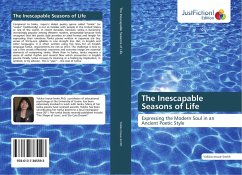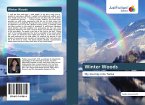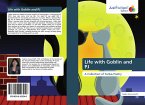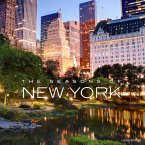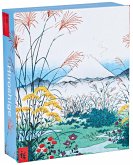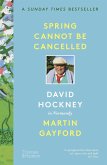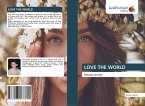Compared to haiku, Japan's oldest poetry genre called "tanka" (or "waka" traditionally) is not so familiar with people in the United States or rest of the world. In recent decades, however, tanka is becoming increasingly popular among Western readers, presumably because they recognize that this poetic style provides an ideal format and length for expressing their emotions. Tanka poems written in Japanese are tiny verses of thirty-one syllables in one straight line. But, in English and other languages, it is often written using five lines. For an English language tanka, requirements are not so strict. The challenge is how to use a few words effectively: exactness and concrete image are essential elements of composing tanka. More than in haiku, tanka requires a sense of verbal rhythm and musical flow which encounters in English poems. Finally, tanka conveys its meaning or a feeling by implication, in symbols, or by allusion. This is "yojo"- the soul of tanka.
Bitte wählen Sie Ihr Anliegen aus.
Rechnungen
Retourenschein anfordern
Bestellstatus
Storno

